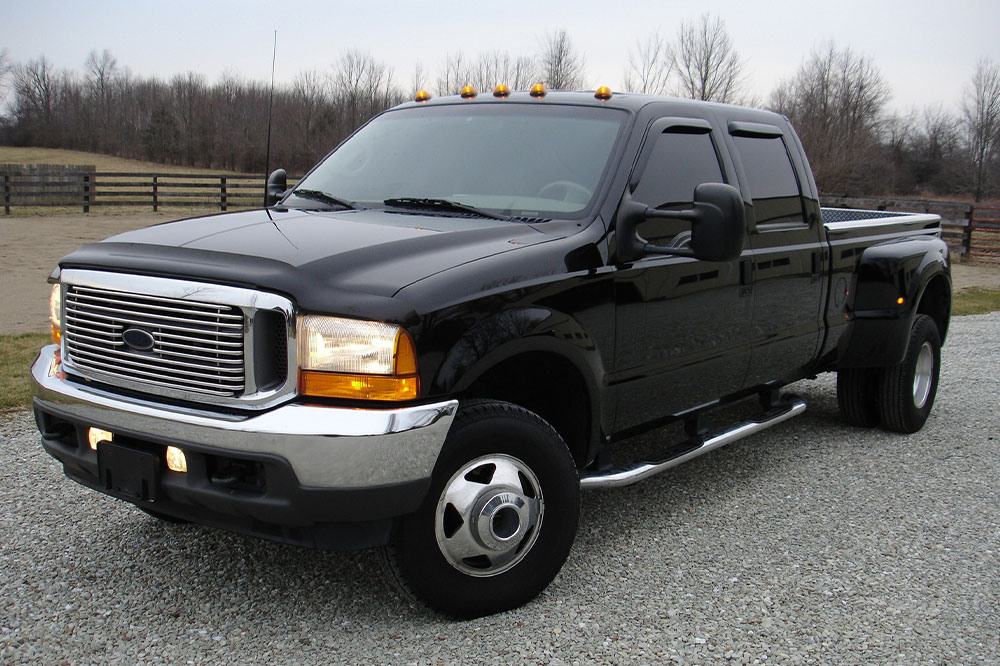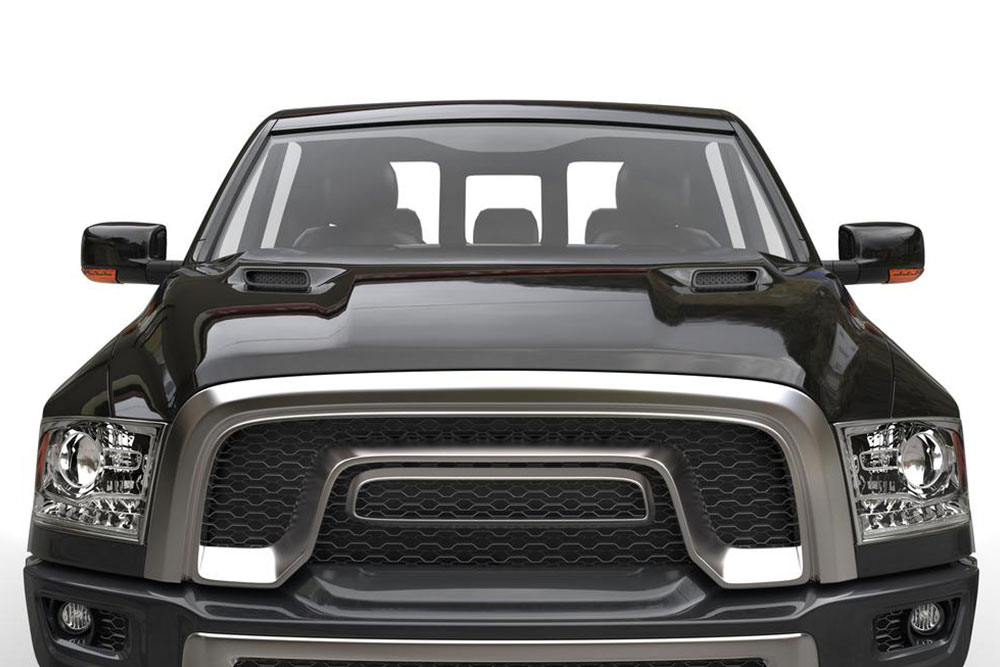Comprehensive Guide to Buying the Perfect Truck for Your Business or Personal Use
This comprehensive guide offers essential insights for purchasing the perfect truck, whether for business or personal use. It emphasizes defining your purpose, assessing operational needs, evaluating features, and choosing trustworthy sellers. By considering factors like cargo capacity, fuel efficiency, and safety features, this article helps you make an informed decision. Detailed tips and expert advice ensure you find a durable, cost-effective truck tailored to your specific requirements, ultimately improving operational efficiency and value for your investment.

Essential Factors and Expert Tips for Purchasing a Truck
Purchasing a truck is a significant investment that requires careful consideration, especially for businesses involved in logistics, delivery, maintenance, or service industries. Unlike typical household purchases of cars, trucks serve specialized purposes and come in various sizes, features, and configurations. Whether you're expanding your fleet or buying your first commercial vehicle, understanding the key factors involved in selecting the right truck is crucial to ensure efficiency, cost-effectiveness, and longevity. This comprehensive guide will walk you through the essential aspects to consider when buying a truck, helping you make an informed decision that aligns with your specific needs.
To begin with, clearly define the primary purpose of the truck. Will it be used mainly for transporting goods, equipment, or providing mobile services? The answer to this question shapes many of your subsequent choices. For example, if your goal is transporting furniture or appliances, you'll need a larger cargo capacity and possibly a van or box truck. Conversely, if your workforce needs to perform maintenance, electrical, or plumbing tasks, a service truck equipped with storage compartments and tools will be more suitable. The intended use influences the truck’s size, cargo capacity, and configuration.
Assessing your specific operational needs is the foundation for making an optimal purchase. Consider factors such as the typical load weight, volume of goods transported, and frequency of use. This will help determine whether a light-duty truck, medium-duty, or heavy-duty model best fits your requirements. For example, small businesses with occasional deliveries might prefer compact trucks for easier maneuverability and lower operational costs, while larger enterprises handling bulk shipments could benefit from larger, more robust vehicles with higher payload capacities.
Another crucial consideration is the fuel efficiency of the truck, which significantly impacts long-term operating expenses. Modern trucks come equipped with fuel-saving technologies, hybrid options, and diesel engines designed for better mileage. Evaluating the fuel consumption based on your typical usage patterns can lead to substantial savings over time. Additionally, the size and type of the truck should be tailored to your usual routes and delivery requirements. Smaller trucks are more agile in urban areas, while larger trucks are suited for highway deliveries and bulk transportation.
Once you've identified your purpose and operational needs, pay close attention to the features and specifications of potential trucks. If speed and agility are vital, you might lean towards vans or smaller trucks with powerful engines. For heavier loads, look for trucks with reinforced frames, durable tires, and high-capacity suspension systems. Comfort and safety features such as ergonomic seats, advanced braking systems, and reliable navigation are also factors worth considering, especially for drivers who spend long hours behind the wheel.
Finding a reliable source for purchasing your truck is equally important. Retailers range from authorized dealerships, online marketplaces, to private sellers. Online platforms provide a broad selection of new and used trucks, often with detailed specifications, vehicle history reports, and financing options. When browsing online, ensure you verify the dealer’s reputation, reviews, and certification to avoid scams or substandard vehicles.
Negotiating the best deal involves comparing prices across multiple sellers while considering warranty, after-sales service, and maintenance plans. A reputable dealer can offer valuable insights, financing advice, and support with logistics such as delivery or registration. Be thorough in your research to find a truck that offers durability, efficiency, and value for your investment.
In conclusion, purchasing a truck requires careful planning, thorough research, and consideration of numerous factors including purpose, size, features, and budget. Taking the time to evaluate your needs and exploring different options can save you money and time in the long run. By following these expert tips, you can confidently select a truck that enhances your operational efficiency, supports your business growth, or meets your personal transportation needs effectively.





